To continue to improve the effectiveness of food safety work, strengthen the fight against and handle violations of the law in the coming time, the Provincial People's Committee assigned provincial departments, branches, and sectors, district and commune People's Committees to continue to thoroughly grasp and strictly implement the directions of the Prime Minister, the Ministry of Health, the Ministry of Public Security , the Provincial People's Committee and documents related to food safety work; clearly identify food safety work as a key, urgent but regular and long-term task, the responsibility of the entire political system, in which specialized functional agencies play the core role.
The Provincial People's Committee requested to strengthen inter-sectoral work in inspection, examination, and post-inspection of ready-to-eat food processing establishments, collective kitchens at schools, hospitals, and food service establishments. Photo: Archive.
The provincial police speed up the investigation of discovered cases, coordinate with functional units to promptly handle them according to the provisions of the law, and direct the police of units and localities to conduct a general review, combat, and handle crimes and violations of food safety laws according to the motto "no exceptions, no forbidden zones".
The Department of Agriculture and Environment performs well the state management of agriculture and environment; applies high technology, biotechnology, and environmentally friendly technology in agricultural production and food processing. Strengthens the management, inspection, and supervision of agricultural, forestry, and fishery production and trading establishments; strengthens the management of plant varieties, fertilizers, pesticides, veterinary drugs, animal feed, biochemical products used in agriculture, and livestock and poultry slaughtering activities to ensure compliance with regulations.
The Department of Health shall preside over and coordinate with the Department of Industry and Trade and relevant agencies in the province to strengthen inter-sectoral work in inspection, examination and post-inspection of ready-to-eat food processing establishments, collective kitchens at schools, hospitals and food service establishments, street food establishments, establishments producing and trading in bottled and canned drinking water; pay attention to monitoring measures and provide appropriate guidance for mobile cooking services, party meals, weddings, and crowded funerals in the management area. Resolutely handle and suspend operations of establishments that do not ensure food safety conditions, establishments that do not have a certificate of food safety eligibility (subject to issuance). Publicize violations and results of handling violations of organizations and individuals producing and trading food on mass media to promptly warn and inform producers, traders and consumers.
The Department of Culture, Sports and Tourism urges and guides press and media agencies in the province to develop programs, special pages, columns and articles to propagate compliance with food safety laws; prevention, combat and handling of violations of food safety laws; promptly publish articles praising typical organizations and individuals in food safety protection work in the province. Coordinate with the Provincial Police to develop communication content on the grassroots information system to raise public awareness, widely disseminate to people about their responsibilities in ensuring food safety, and combat violations of food safety laws. Proactively monitor, promptly detect and handle or propose handling of false, unverified information, and misleading information that causes confusion about food safety in cyberspace, especially on social networking platforms.
The Department of Industry and Trade strengthens market management, inspection and examination of food products circulating on the market; focuses on detecting and handling violations such as: using ingredients of unknown origin, fake food, poor quality health protection food, food that has not carried out self-declaration procedures or registered declarations according to regulations.
The Department of Education and Training directs educational institutions, businesses, and meal providers to strictly implement food safety and hygiene regulations; collective kitchens must ensure proper food processing and preservation conditions; and absolutely do not allow unqualified or illegally operating units to provide meals for students.
The Provincial Economic Zone Management Board coordinates and participates in inspection teams of food processing and trading establishments in economic zones and industrial parks when requested by the Provincial Police or other relevant agencies.
District-level People's Committees direct relevant units to implement communication, propaganda and mobilization campaigns to mobilize people to actively detect and provide information and documents related to individuals and organizations violating food safety laws through hotlines, VneID applications or directly to police forces at all levels. Direct commune-level People's Committees to establish working groups based on the actual situation to review and compile statistics on food production and business establishments in each residential area, village and residential group according to regulations. Strengthen propaganda on the Law on Environmental Protection and the Law on Food Safety, and at the same time launch a peak period of propaganda and launch a movement for the entire population to participate in detecting and denouncing organizations and individuals violating food safety laws.
Source: https://baohatinh.vn/cong-khai-ket-qua-xu-ly-vi-pham-trong-san-xuat-kinh-doanh-thuc-pham-post290645.html


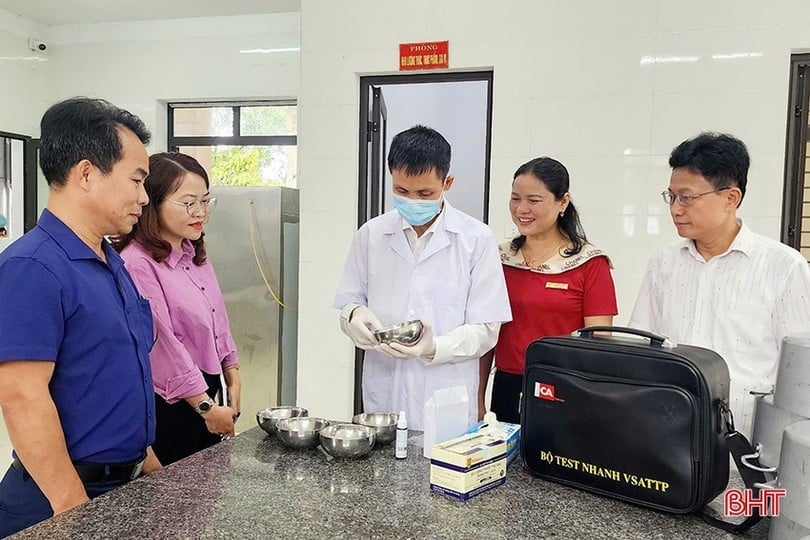
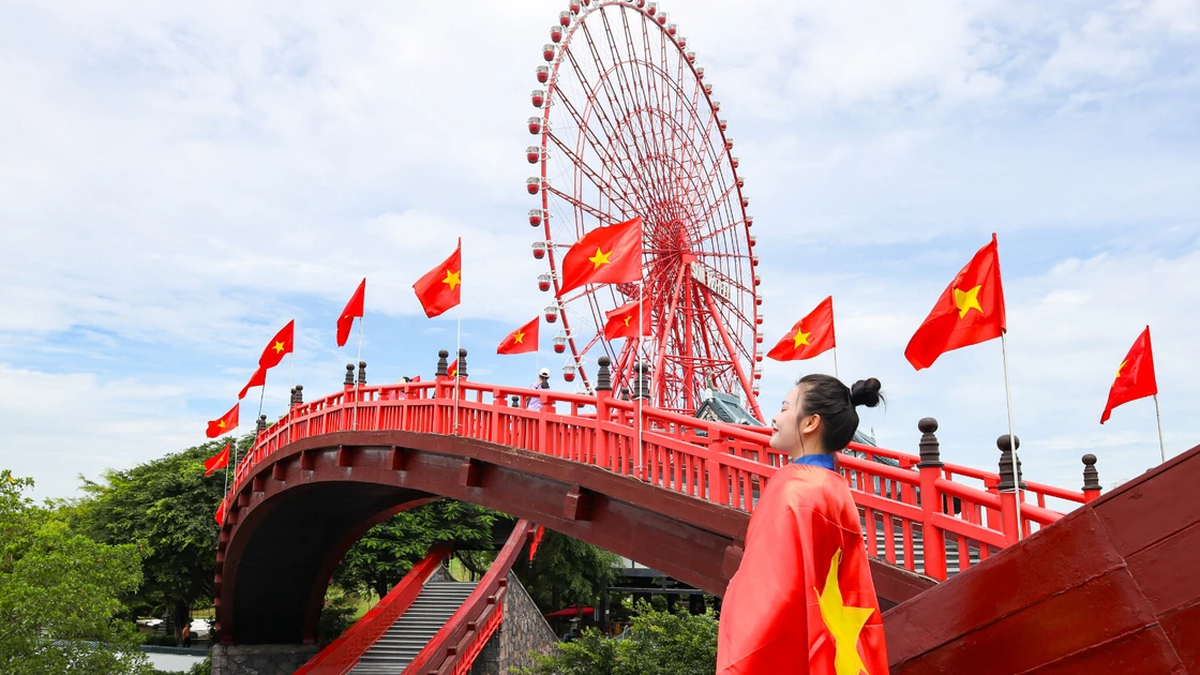
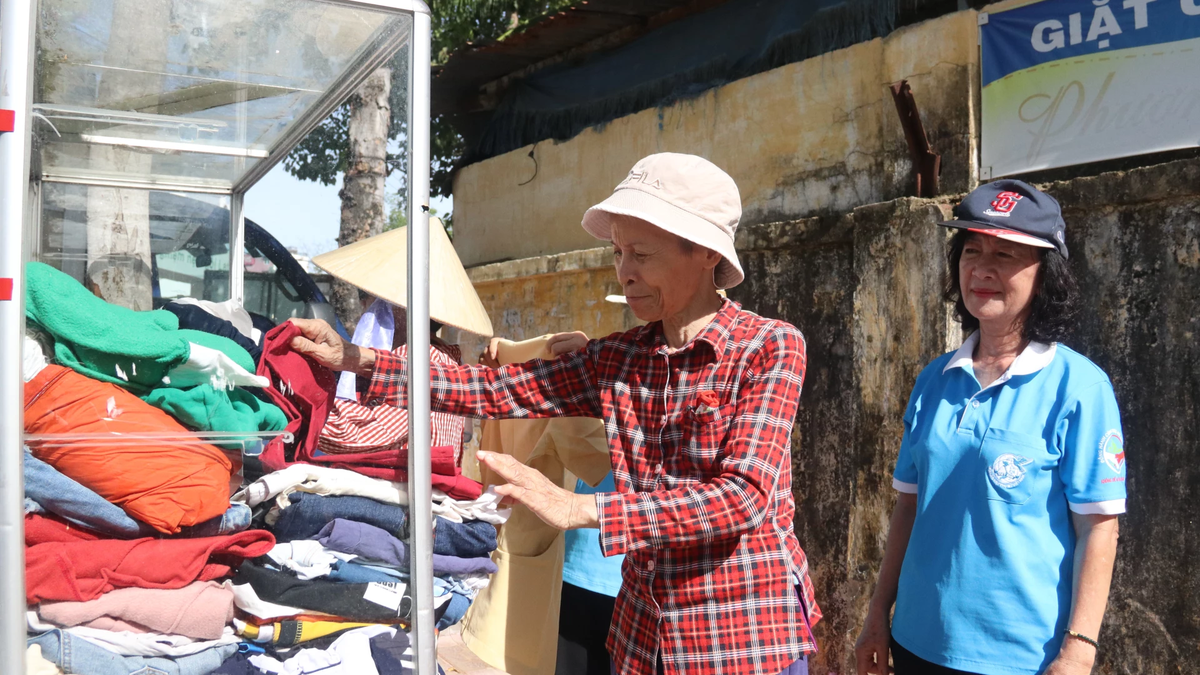

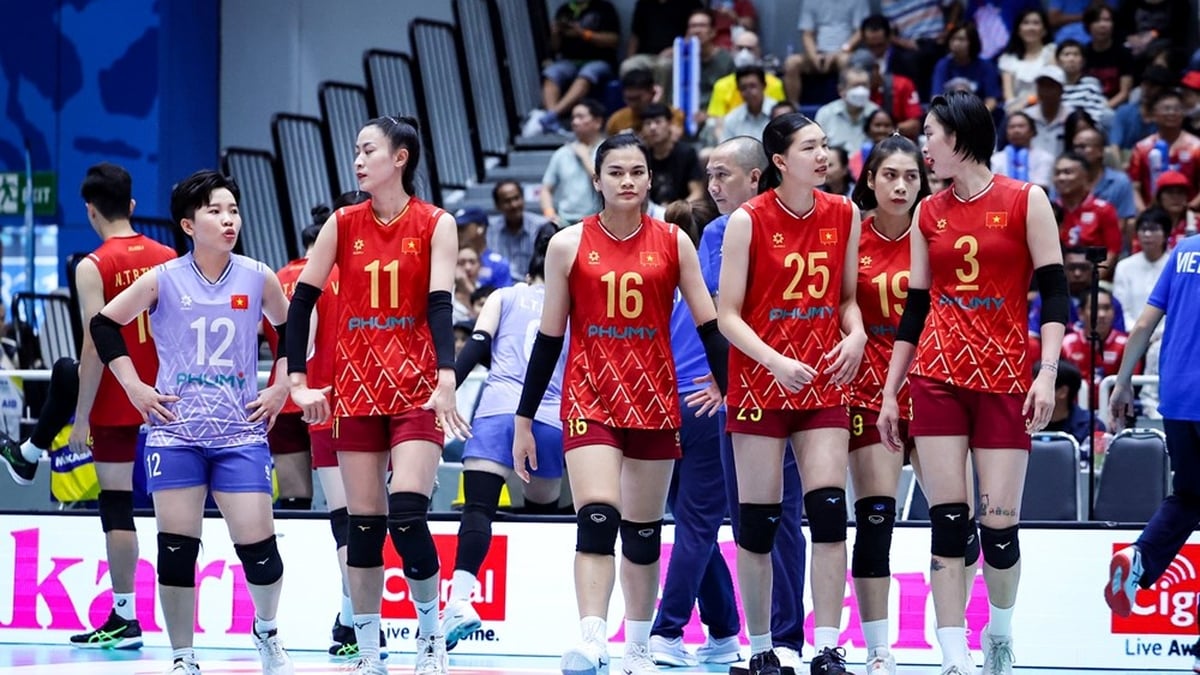

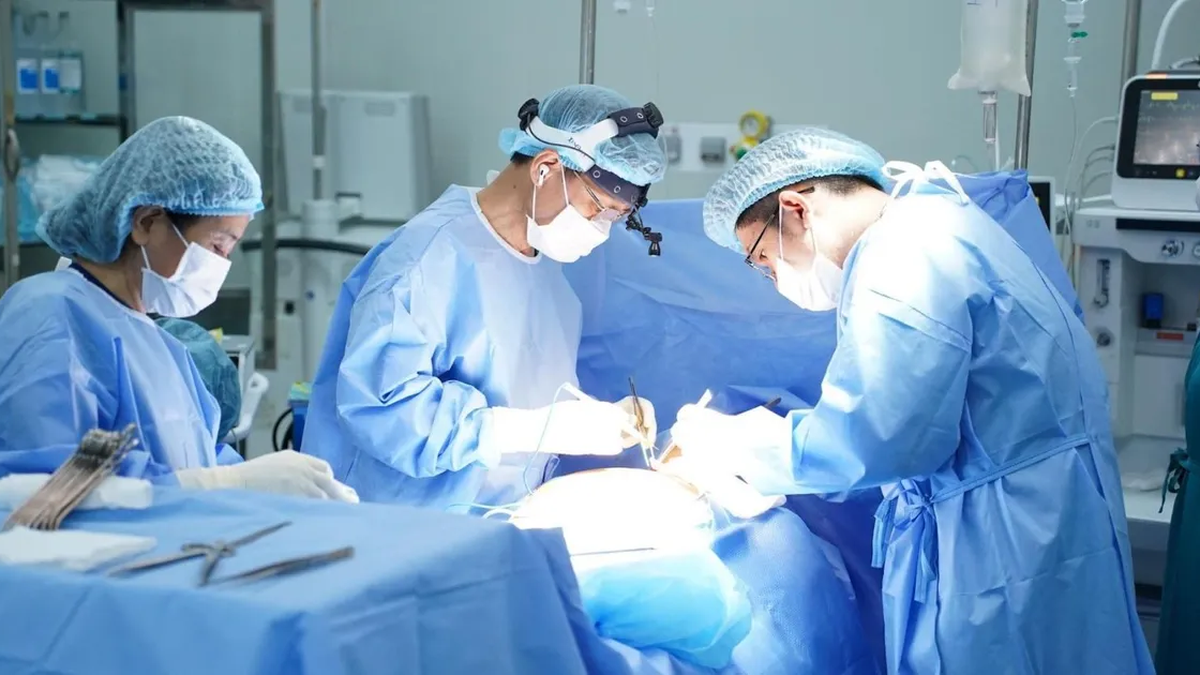
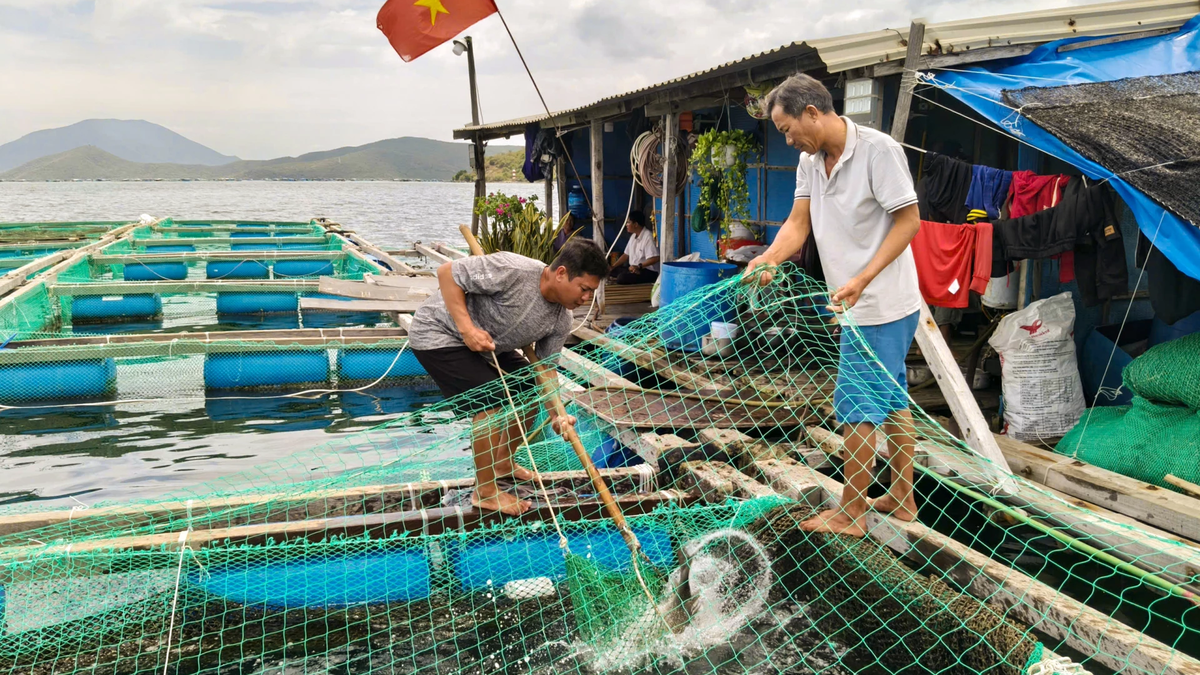













![[Photo] Close-up of the first International Financial Center building in Ho Chi Minh City](https://vphoto.vietnam.vn/thumb/1200x675/vietnam/resource/IMAGE/2025/8/19/3f06082e1b534742a13b7029b76c69b6)
![[Photo] General Secretary To Lam attends the inauguration and groundbreaking ceremony of 250 projects to celebrate National Day](https://vphoto.vietnam.vn/thumb/1200x675/vietnam/resource/IMAGE/2025/8/19/3aa7478438a8470e9c63f4951a16248b)
![[Photo] General Secretary and Prime Minister visit the National Exhibition and Fair Center](https://vphoto.vietnam.vn/thumb/1200x675/vietnam/resource/IMAGE/2025/8/19/f4503ad032d24a90beb39eb71c2a583f)
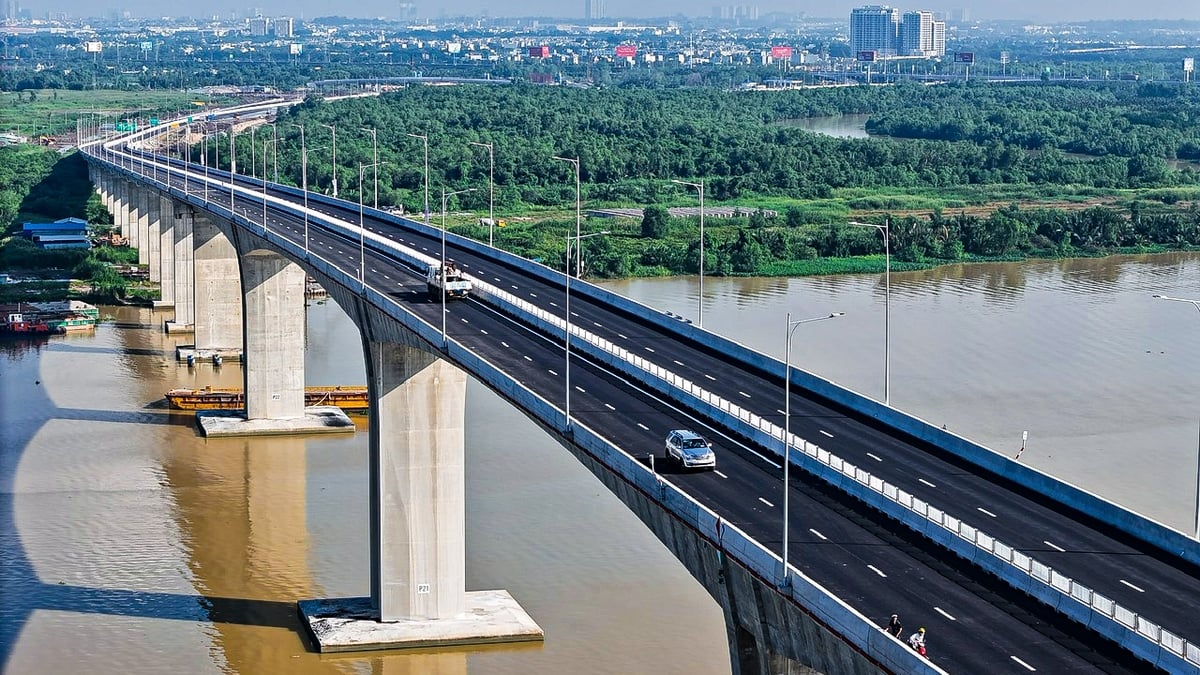
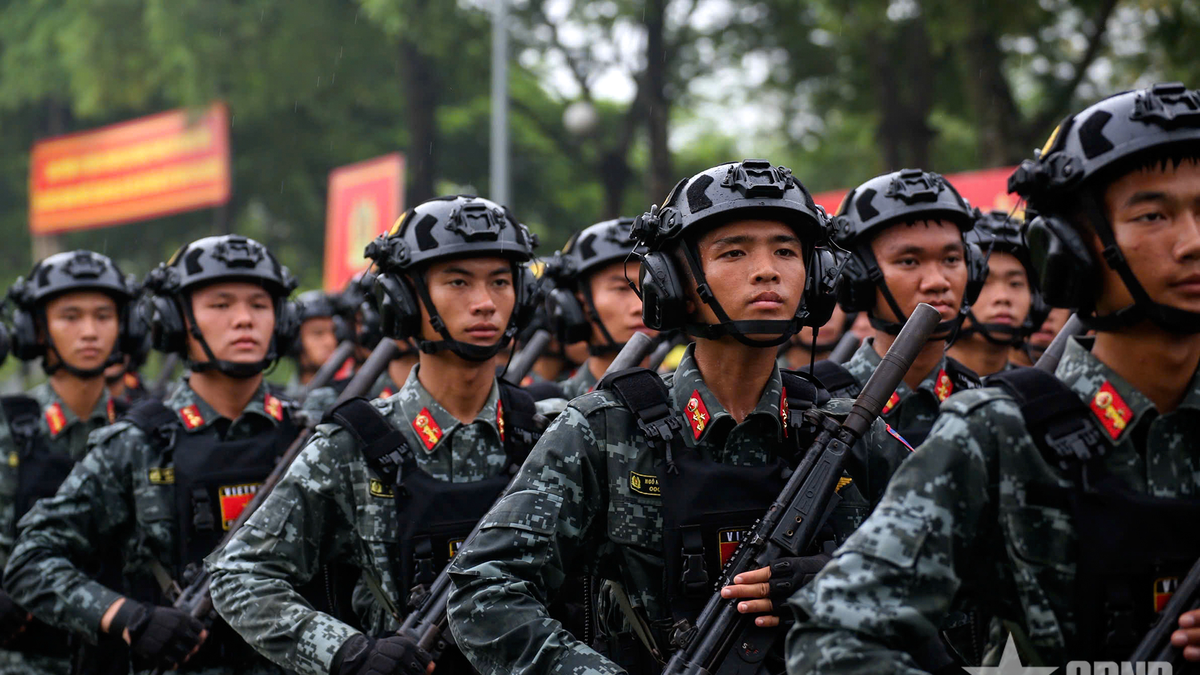


![[Photo] Politburo works with the Standing Committee of Da Nang City Party Committee and Quang Ninh Provincial Party Committee](https://vphoto.vietnam.vn/thumb/1200x675/vietnam/resource/IMAGE/2025/8/19/b1678391898c4d32a05132bec02dd6e1)
![[Photo] President Luong Cuong's wife and Queen of Bhutan visit Tran Quoc Pagoda](https://vphoto.vietnam.vn/thumb/1200x675/vietnam/resource/IMAGE/2025/8/19/62696af3852a44c8823ec52b03c3beb0)
























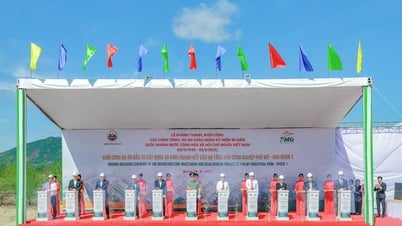







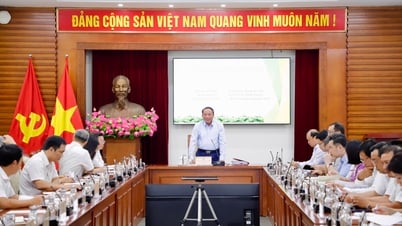


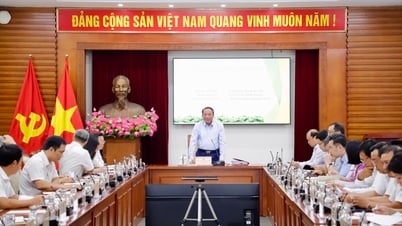

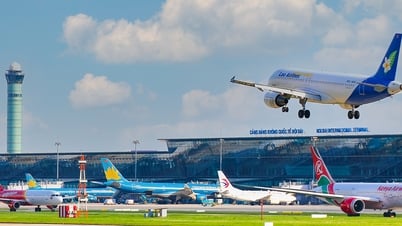

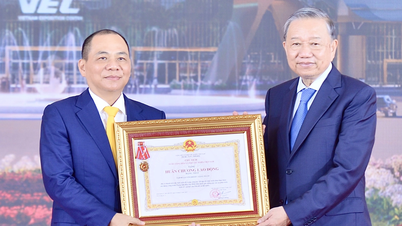


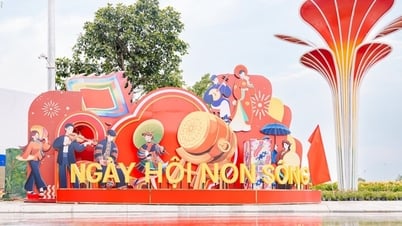
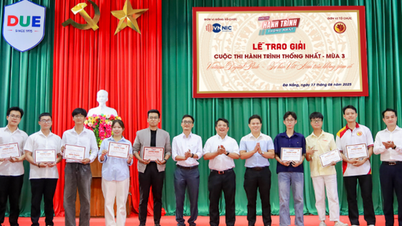


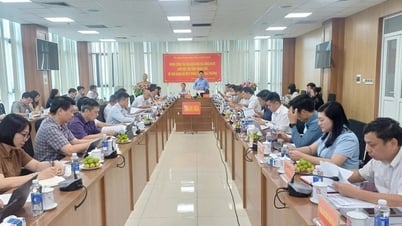







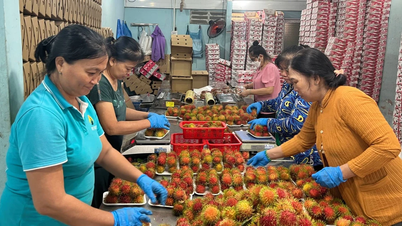






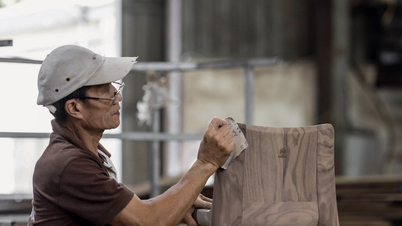







Comment (0)